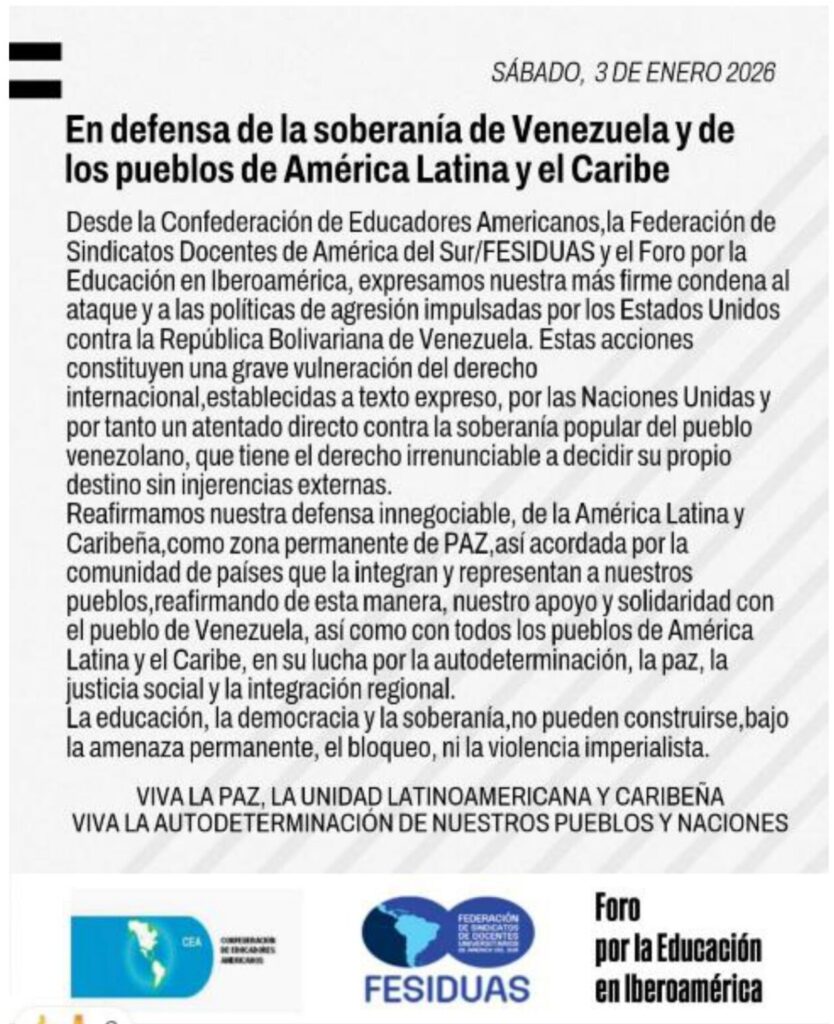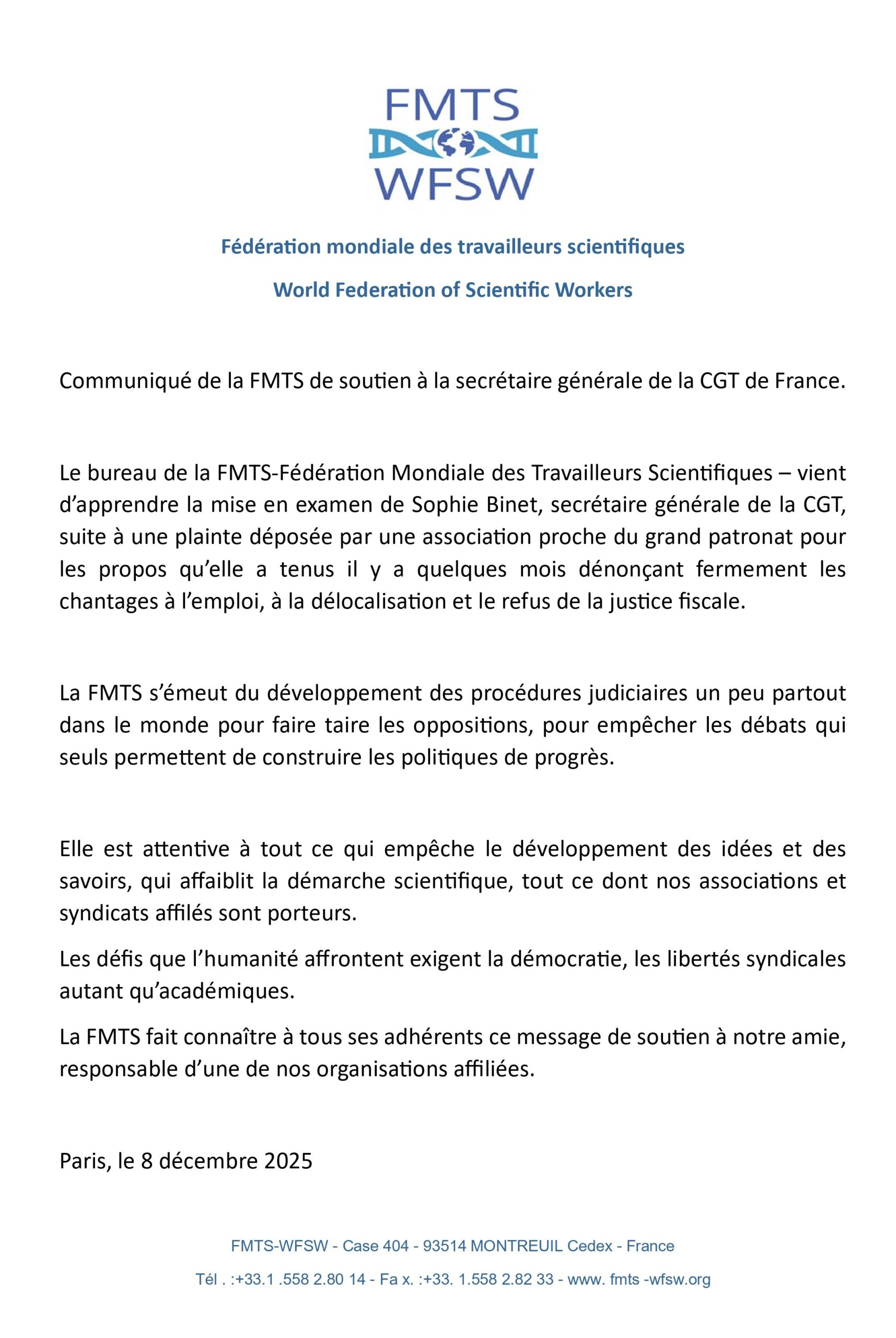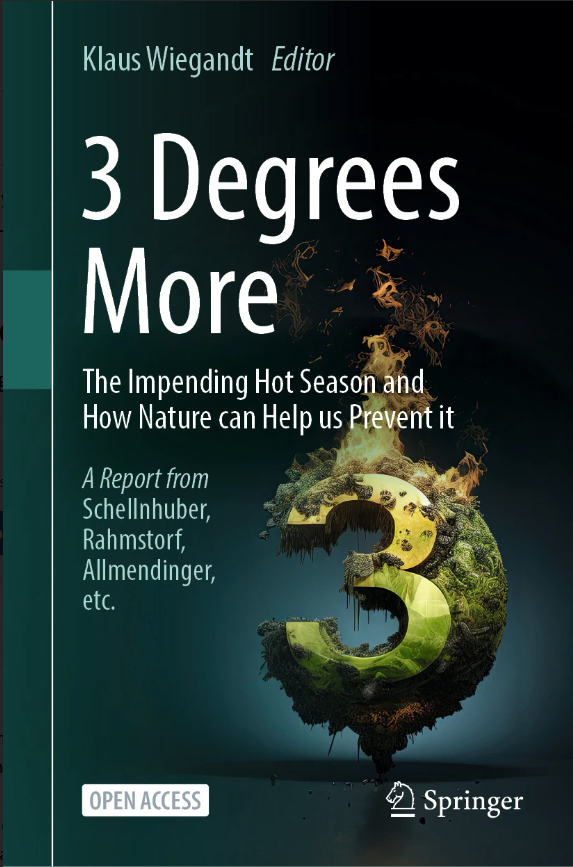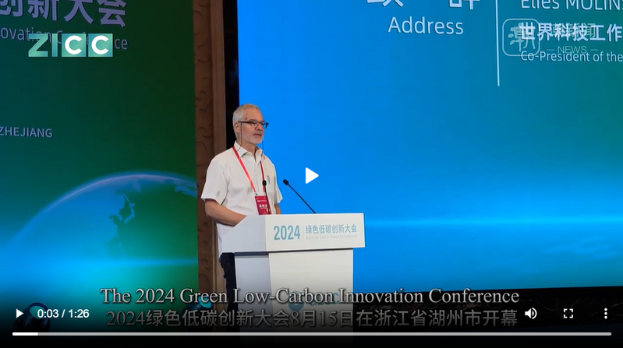Dakar Call for an Exceptional World Research Program
The 22nd General Assembly of the World Federation of Scientific Workers met in Dakar on December 8th, 2017. It agreed to call upon governments, the world scientific community and all the inhabitants of our planet facing a serious environmental crisis, in order to launch an exceptional research project to an amount of about 1200 billion euros per year, based on the principles of cooperation and solidarity. It is a global and urgent requirement.
Climate, biosphere, oceans…, the Earth system is destabilized. It enters unknown territory. The living conditions of all humanity and even that of all animal and vegetal beings are threatened. Ultimately, the very survival of the human species could be posed. The way that human activities are currently carried out is at the root of this situation. A rapid and deep transformation of how these activities are being developed is indispensable. A technical, ecological and even civilizational transition, that benefits all human beings, must bring about a change in the relationship between humanity and the Earth system, ensuring the conditions for its survival, for peace, well-being and life fulfillment of all populations. These stakes are global. They require a takeover by and mobilization of all nations, all populations and all sectors of activity. Such a transition requires that:
– the principles of solidarity and cooperation overcome the principle of competition;
– new financing and technology transfer mechanisms be implemented adapted to the needs and trajectories of the different countries;
– procedures be developed that take into account the needs, uses and specific knowledges of populations;
– inequalities be reduced.
A major contribution of research — including the social and human sciences — is essential for such a transition. With that aim, it is important to put an end to policies primarily focused on meeting the demands of multinational companies and on promoting the competitiveness of the territories subject to extreme international economic competition created by free trade agreements. Key sectors, such as education, energy, health, agriculture, food, industry, are strategic for the future of humanity. They require the establishment, under the umbrella of the United Nations, of an agency, with the necessary legal and financial resources, responsible for an international program of the transition, based on global aims and with enough flexibility to consider, and be enriched by, local and national specificities. This transition program must include exceptionally major research programs of a size unmatched by current ones, and subordinated to the principles of cooperation and solidarity. Such major international research programs shall also be supported by current national and international research networks and programs. It is urgent to reach exceptional levels of financial investments of the order of 1200 billion euros, about the 2% of the world PIB, to mobilize the world scientific power towards these projects, without any exclusion, allowing for the participation of all countries.
At stake it is the achievement of the following objectives:
– increasing energy efficiency and reducing cost of generating, storing and transporting renewable energy, while drastically minimizing adverse environmental and health effects; stopping all exploitation of fossil fuels as soon as possible;
– increasing uptake of carbon dioxide by agricultural soils and through reforestation, and using CO2 as a raw material to obtain carbon based chemicals, fuels and materials;
– reducing agricultural methane emissions; improving the nutritional and sanitary quality of the diet; strongly reducing the negative effects on health and the environment resulting from human activities;
– preserving freshwater sources, rivers and oceans and allowing universal access to drinking water; preserving biodiversity;
– developing technologies and techniques adapted to the diversity of local situations, especially in their cultural, environmental and climatic conditions (for instance, housing or energy).
In this twenty-first century, the preservation of the Earth system and of all the common goods of humanity, the lasting well-being and the life fulfillment of all human beings, shall be the objectives and the compass that guide the scientific community, and beyond it all the human community. The World Federation of Scientific Workers (WFSW) works to define, promote and implement strategies to achieve the above mentioned goals. It calls on scientists from all countries to be committed to this task and, in cooperation, contribute to the achievement of these goals, and more broadly to the development of an unstoppable international movement capable of achieving them. The WFSW will direct this call to UN organizations and promote it through international NGOs, regional and international labor movements and labor confederations, and appeal to the world citizens to bring the call to the attention of their respective governments.





